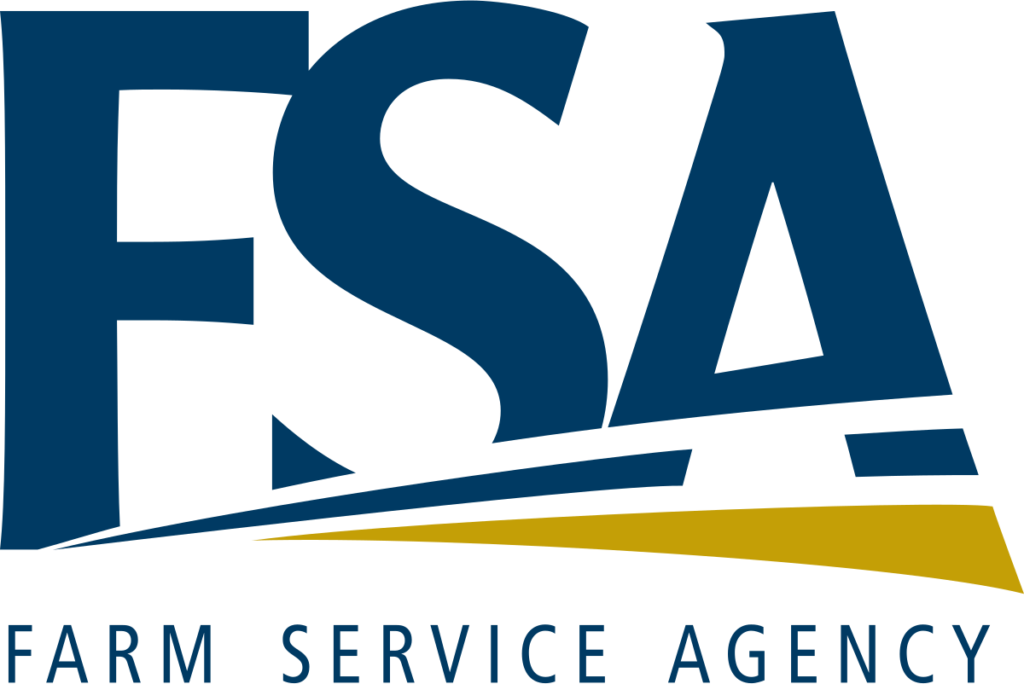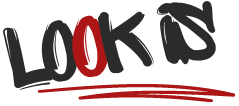Eligible Expenses Covered by FSA
4 min read
Discover the eligible expenses covered by your Flexible Spending Account (FSA), including doctor and dentist co-pays, prescription medications, vision care, and more. Maximize your FSA benefits with this comprehensive guide.
Flexible Spending Accounts (FSAs) are a great way to save money on healthcare expenses by using pre-tax dollars. However, understanding which expenses are covered can sometimes be confusing. Let’s explore the common and lesser-known eligible expenses, as well as those you should avoid to make the most of your FSA.
What is an FSA (Flexible Spending Account)?
Definition and Purpose
A Flexible Spending Account (FSA) is a special savings account that allows employees to set aside pre-tax dollars to pay for qualified medical, dental, and vision expenses. The primary goal of an FSA is to reduce the financial burden of healthcare costs by using money that is not subject to payroll taxes.
Benefits of an FSA for Employees
FSAs offer significant tax advantages, which can lower your overall taxable income and save you money. Employees can use FSA funds to cover a wide range of healthcare expenses, including doctor visits, prescription medications, and much more.
Common Eligible Expenses Covered by FSA
Doctor and Dentist Co-Pays
Co-pays for doctor and dentist visits are some of the most commonly reimbursed expenses through FSAs.
- Explanation and Examples: Any out-of-pocket payments required for a doctor or dentist appointment, including general checkups, specialist consultations, and routine dental cleanings, qualify for FSA reimbursement.
- How to Use FSA for Co-Pays: To claim these expenses, keep all receipts and submit them to your FSA administrator for reimbursement.
Prescription Medications
- Types of Covered Medications: All prescription medications, including antibiotics, allergy relief, and chronic condition management drugs, are eligible for FSA reimbursement.
- How to Submit Claims for Prescription Medications: Submit a copy of your prescription and the pharmacy receipt to your FSA administrator for reimbursement.
Over-the-Counter Medications (with a Prescription)
- Understanding Over-the-Counter Eligibility: Certain over-the-counter (OTC) medications, such as pain relievers, allergy medications, and cold remedies, can be covered if you have a prescription from a doctor.
- The Importance of a Prescription for OTC Medications: A doctor’s prescription is essential for OTC medication reimbursement under an FSA. Ensure you have documentation to support your claim.
Vision Care Expenses
- Glasses, Contact Lenses, and Eye Exams: Expenses related to maintaining eye health, including the cost of prescription glasses, contact lenses, and routine eye exams, are FSA-eligible.
- Additional Vision-Related Costs Covered by FSA: Lens cleaning solutions, prescription sunglasses, and corrective eye surgery (like LASIK) may also be covered.
Medical Supplies
- Common Supplies Covered: Items such as bandages, first-aid kits, crutches, and blood pressure monitors qualify for FSA reimbursement.
- How to Claim Medical Supplies on FSA: Save your receipts and ensure they specify the medical necessity of the supplies to streamline the reimbursement process.
Less Commonly Known Eligible FSA Expenses
While most people are aware of the common expenses covered by FSAs, there are also some lesser-known items and services that qualify:
Chiropractic Services
Visits to a licensed chiropractor for back pain or other medical conditions can be covered under an FSA.
Acupuncture
Acupuncture treatments prescribed for pain management or other medical conditions are FSA-eligible.
Breast Pumps and Lactation Supplies
Breastfeeding supplies, including breast pumps and lactation storage bags, are reimbursable through FSAs.
Hearing Aids and Batteries
Hearing aids, including the batteries required to operate them, are also eligible for reimbursement.
Ineligible Expenses to Avoid
Not all healthcare-related expenses qualify for FSA reimbursement. Here are some common ineligible expenses:
Cosmetic Procedures
Procedures like Botox, facelifts, and teeth whitening, which are primarily for cosmetic purposes, do not qualify for FSA reimbursement.
Vitamins and Supplements Without a Prescription
While vitamins and supplements are often considered beneficial, they are only eligible for FSA reimbursement if a doctor prescribes them for a specific medical condition.
Personal Hygiene Products
Items such as toothpaste, shampoo, and deodorant are considered personal care products and are not eligible for FSA reimbursement.
How to Maximize Your FSA Benefits
Plan Your Medical Expenses
Anticipate your healthcare needs for the year and allocate FSA funds accordingly. This will help ensure you have enough funds to cover eligible expenses.
Keep All Receipts and Documentation
Always save receipts and keep documentation of prescriptions, as these are necessary for claiming FSA reimbursements.
Understand Your FSA Deadlines
FSA funds typically have a “use-it-or-lose-it” rule, meaning you must use the funds within a specified period or forfeit the remaining balance. Be aware of your plan’s deadlines to avoid losing money.
FAQs about FSA Eligible Expenses
What happens to unused FSA funds?
Unused FSA funds generally expire at the end of the plan year, although some plans offer a grace period or allow a small amount to roll over. Check with your FSA provider for specific details.
Can I use my FSA for family members?
Yes, you can use FSA funds for qualifying expenses incurred by your spouse, children, and other dependents.
How do I know if an expense is FSA-eligible?
Check with your FSA administrator or refer to IRS Publication 502, which provides a comprehensive list of eligible and ineligible expenses.
Are there any limits to FSA contributions?
Yes, the IRS sets annual limits on FSA contributions. For 2024, the maximum contribution limit is $3,050 per year.
What should I do if my FSA claim is denied?
If your claim is denied, review the denial notice for the reason and provide any additional documentation requested. You can also appeal the decision if you believe it was denied in error.






